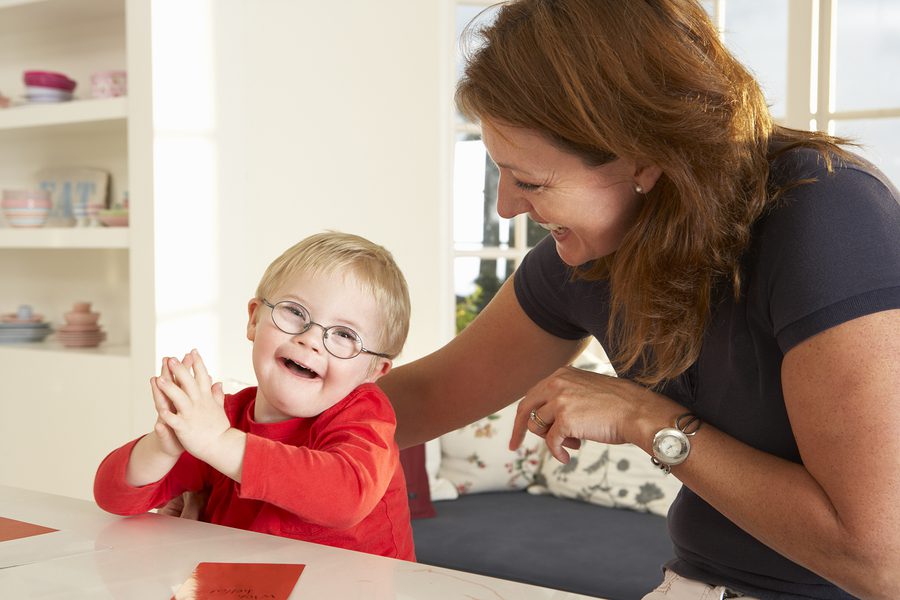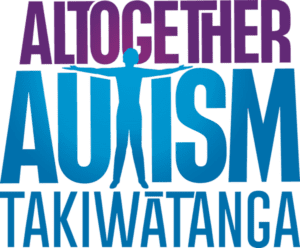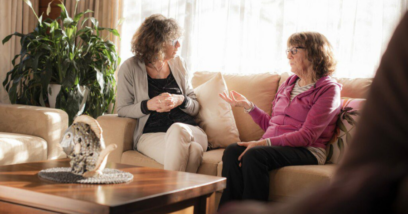
If your child has a disability, or you’re concerned that they are not meeting developmental milestones, then early intervention health and education services may be able to provide support for your child.
How do I know if my child is showing delays in development?
All children develop at different rates, so it’s not always easy to know if they are meeting milestones when they should.
You can learn more about child development on Plunket’s website, or other parenting websites like Kidspot. They can give you some general guidance about your child’s expected development of motor skills, communication skills and cognitive (learning) skills as they grow.
If you still have concerns, you can talk to your child’s doctor, Plunket nurse or early childhood education (ECE) provider. They will be able to talk with you about your child’s development and give you more advice about early intervention services that you may be able to access.
Child Development Services
Child Development Services are provided by your local district health board. They work with children who have an intellectual, sensory or physical disability that is likely to last longer than 6 months, or children who are suspected of having such a disability.
Child development teams usually involve a range of professionals and may include occupational therapists, speech-language therapists, dieticians, physiotherapists, social workers, psychologists and cultural support workers.
Referrals can be made through your Needs Assessment Service Coordination (NASC) provider, or you can discuss accessing the service with your child’s doctor, Plunket nurse or other healthcare provider. Some teams may also accept self-referrals.
Learn more about NASC process.
Early intervention education
The Ministry of Education provides early intervention support for children aged 0 to 5 years who have significant developmental or learning delay, physical disability, behaviour or communication difficulty.
Early intervention teams may include a range of specialists, such as advisors on deaf children (AODC), early intervention teachers (EITs), kaitakawaenga (Māori cultural advisors), psychologists, and speech-language therapists (SLTs).
You can contact your local early intervention service yourself if your child is at home with you full time, or your ECE provider can refer you to the service with your consent.
The early intervention service will talk with you about how your child is doing and what your concerns are. If you agree, they will also talk with other professionals such as your child’s ECE teachers or any health workers involved with your family.
Where appropriate, early intervention staff will work with you and your child’s teachers to develop an Individual Plan (IP) to support your child’s learning and development. This is a written plan that outlines your child’s goals. It will describe the strategies, resources and support needed to help your child meet those goals.
Read the information sheet about the Early Intervention Service from the Ministry of Education.
Other early intervention education providers
The Ministry of Education contracts a number of other providers to support families of children with disabilities:
CCS Disability Action (Auckland, Christchurch and Dunedin)
Ohomairangi Trust (Auckland)
McKenzie Centre (Hamilton)
Conductive Education (Hamilton)
Conductive Education (Christchurch)
Wellington Early Intervention Trust
Champion Centre (Christchurch)





